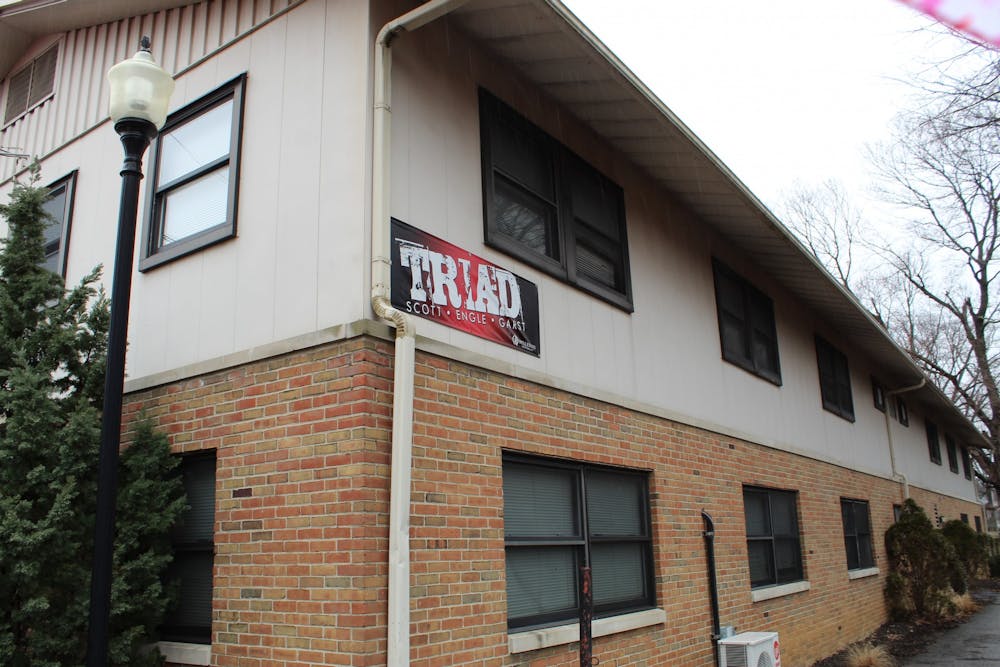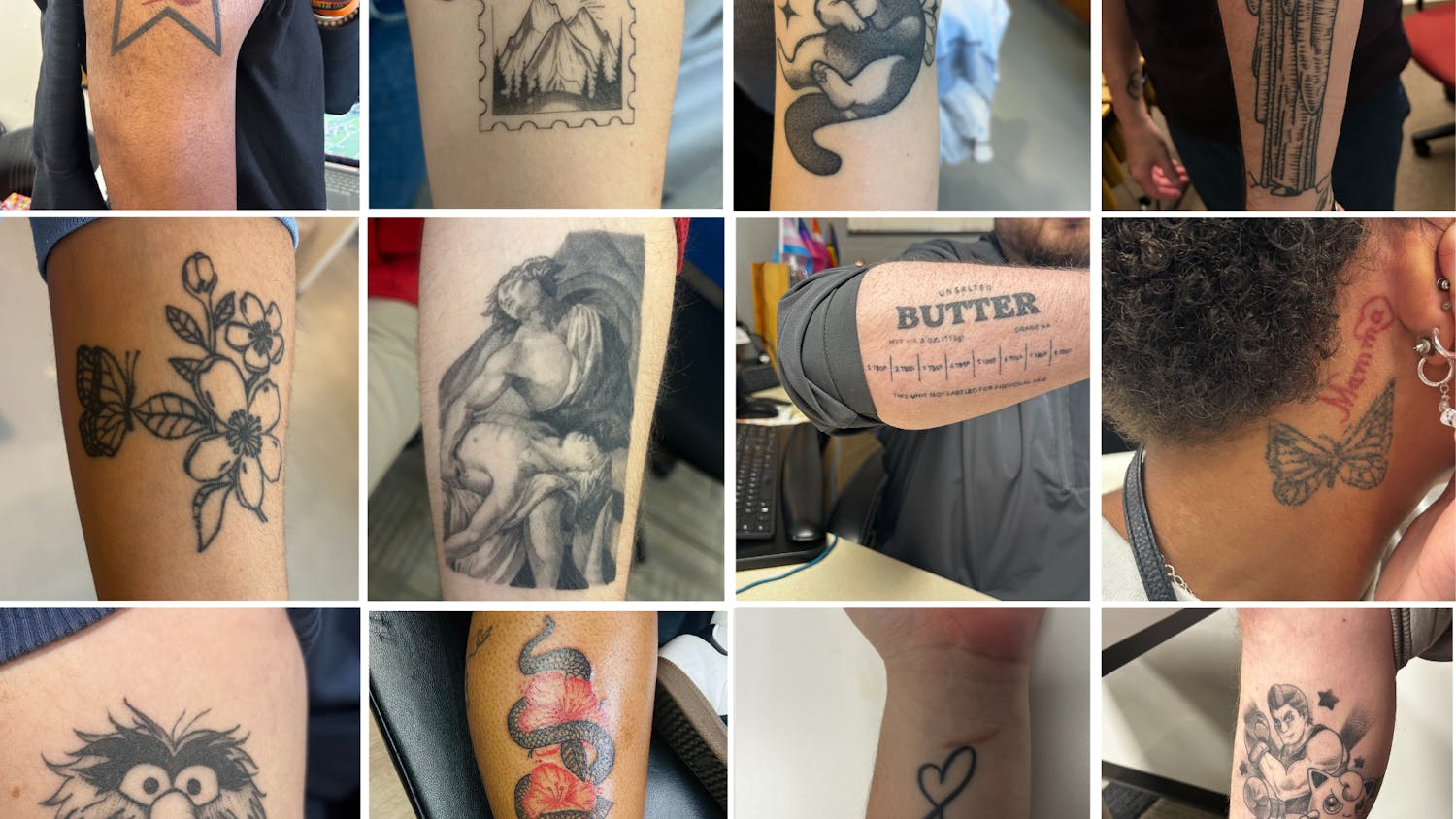Due to the COVID-19 pandemic, Resident Assistants on campus are being asked to do more than their original job description, but they haven’t seen a raise in their pay.
It was expected that coming back to campus during a pandemic would have its challenges. Otterbein has seen a lot of changes due to pandemic guidelines, but perhaps the most drastic ones are in the residence halls:
- Students have to wear masks everywhere in the building except in their own rooms and in the shower.
- Within rooms, the furniture is spaced six-feet apart and is not allowed to be moved. A diagram placed on the doors reflected how the furniture should be laid out to ensure social distancing.
- Students cannot enter halls they don’t live in or any dorm room but their own.
Before coming to campus, a lot of students weren’t aware they couldn’t bring guests into their rooms. Elizabeth Brown, a sophomore nursing major who is an RA in Devore Hall, says she hasn’t had many problems with these rules in her own hall, but first-year dorms are seeing some issues.
“Those kids are trying to make friends,” Brown said. “They’ve been socially deprived all summer, then come to college, and they want to make friends.”
Even with new rules to enforce on top of all the other duties as an RA, they haven’t seen a pay raise.
RAs get paid a $50 stipend per month, and they also get their room paid for, along with a free parking pass. RAs do have to pay for their meal plans.
Despite the stipend not being increased, Assistant Director of Residence Life Luke Blum stated that any time housing costs go up, the RAs technically receive a raise.
Also due to COVID-19 restrictions, some events that are normally in RA training had to be cut. An activity called Behind Closed Doors where students act as if they’re in various situations and an RA-in-training comes and handles it could not be performed. Active shooter training also had to be cut.
There is also a fair amount of staff bonding that happens during RA training that was unable to happen. “We were able to do some [bonding], but not near as much as we normally do,” said Blum.
Despite the things that had to be cut from training, Blum considers the RAs to be fully trained. Blum stated that even when they can do all of training, it takes a couple months of on-the-job learning for RAs to feel fully trained. Brown agrees, saying that she feels prepared to do her job.
“When situations do arise, you usually aren’t alone,” said Brown. “I’m pretty confident that if something were to happen, I would be able to reach out and ask for help if I needed it.”
Room checks and RA events are also being held differently this year.
In the past, room checks happened once a semester and involved going into a resident’s room and making sure everything was within regulation. Now, RAs have to address residents from the doorway; they cannot go into their rooms. During room checks, RAs will just ask the resident questions such as if their fridge is plugged directly into the wall, and they will look around and make sure there aren’t any fire hazards.
RA events are still happening to give residents something to do, but most of them are going to be virtual.
“It’s just different practices,” said Blum. “[RAs] are still putting on events and building community with their residents, but they’re doing that in a different way.”








